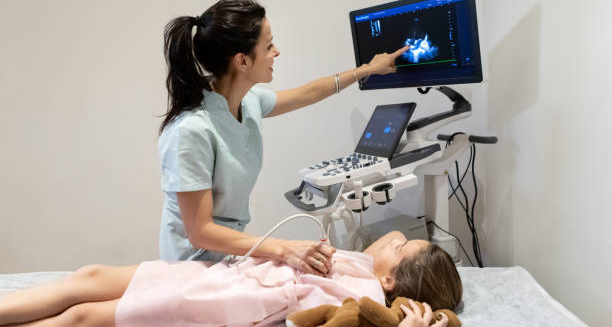Treatment of Cardiomyopathy
Treatment of cardiomyopathy focuses on relieving symptoms, preventing complications, and improving heart function. The approach depends on the type, severity, and individual patient profile. Effective treatment of cardiomyopathy often combines medication, lifestyle changes, and in some cases, surgery or devices.
1. Medications
- ACE inhibitors, ARBs, or ARNIs to lower blood pressure and reduce strain on the heart
- Beta-blockers to slow heart rate and reduce arrhythmias
- Diuretics to relieve fluid retention and swelling
- Mineralocorticoid receptor antagonists (MRAs) for added heart protection
- Anti-arrhythmic drugs or blood thinners if there’s a risk of stroke or irregular heartbeats
2. Lifestyle Changes
- Reducing salt and alcohol intake
- Losing weight if overweight
- Quitting smoking
- Exercising moderately, under medical guidance
- Managing stress and sleep disorders
3. Implantable Devices
- Implantable cardioverter-defibrillator (ICD) for those at risk of sudden cardiac arrest
- Pacemaker for heart block or bradycardia
- Cardiac resynchronisation therapy (CRT) to coordinate heartbeats in people with LBBB and reduced function
4. Surgery
- Septal myectomy for hypertrophic cardiomyopathy in selected cases
- Heart transplant in end-stage disease where other treatments fail
- Valve repair or replacement if valve problems contribute to cardiomyopathy
5. Monitoring and Rehabilitation
- Regular follow-up with a cardiologist
- Enrolment in heart failure clinics or cardiac rehab programmes
- Periodic imaging and ECGs to track progression
Treatment of Cardiomyopathy
With proper management, treatment of cardiomyopathy can significantly improve survival, reduce hospital admissions, and enhance quality of life.
[Next: Complications and Recovery from Cardiomyopathy →]


